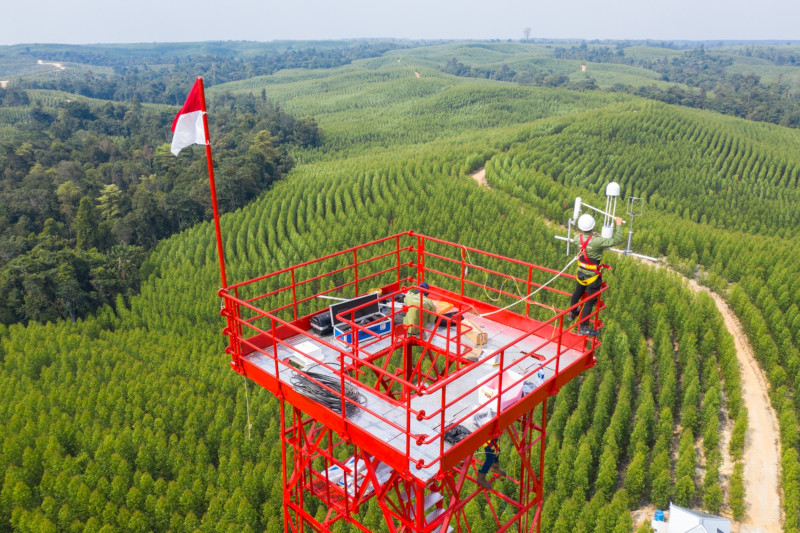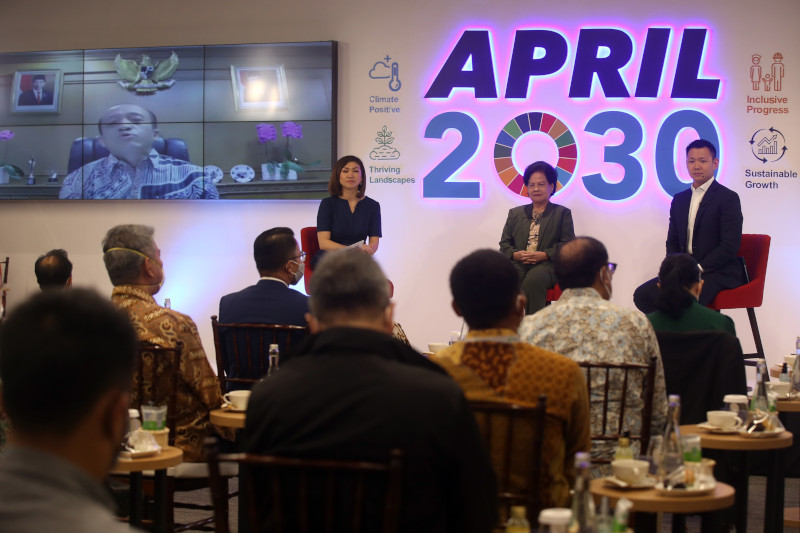Climate Positive and its Impact on Reducing Greenhouse Gas Effects
- Details
What does Climate Positive mean?
In everyday terms, Climate Positive is about the actions that we can take to reduce the emission of greenhouse gases from daily activities.

Many people are actually unaware of the environmental impact of their consumption habits. For example, sometimes we leave the lights on in an empty room or use plastic straws to drink. Likewise, we buy drinking water in plastic bottles, without considering how the used bottle will be disposed of, and frequently we don’t finish food and allow it to go to waste.
But do you realize that all of these things can have a negative impact on greenhouse gas emissions? This is because the consumption of energy and goods from our daily activities can frequently result in the emission of greenhouse gases, which can in turn accelerate global warming. These greenhouse gas emissions drive changes in climate and temperature that can threaten the safety of all living organisms. The UN Environment Programme has explicitly stated that ‘every straw counts in the fight against climate change’.
As an agent of change, perhaps it is time for all of us to change our habits in order to have a positive impact towards the environment.
Some examples that we can do are: reducing the use of personal vehicles, turning off lights when we are not using rooms, eliminate single use plastic, managing organic trash by finishing all of our foods and many more. The UN has said reducing food waste, for example, is one of the most effective ways of battling climate change.
But it’s not just about individuals. Corporations have a huge role to play in supporting climate mitigation also. APRIL Group recently launched APRIL2030, our commitment to have a positive impact on climate, nature and people over the next decade. Our APRIL2030 strategy is made up of four main commitment areas. One of these areas, called Climate Positive, outlines our plans to implement science-based solutions to drastically reduce carbon emissions.

We are taking action on climate through a series of Climate Positive targets, which include achieving net zero emissions from land use by optimising carbon sequestration and storage across landscape types including peatland and minimising emissions through science-based landscape management.
The targets and commitments are aligned with the Indonesian Government’s priority target for 23 per cent of the national energy mix to be made up of renewable energy by 2025, with this figure to rise to 31 per cent by 2050. The activities also support the Paris Agreement's commitment to limit global warming temperature to no more than two degrees Celsius by reducing carbon dioxide emissions.
Do you want to learn more about our APRIL2030 commitments? Stay tuned by following APRIL's social media.
More Articles






